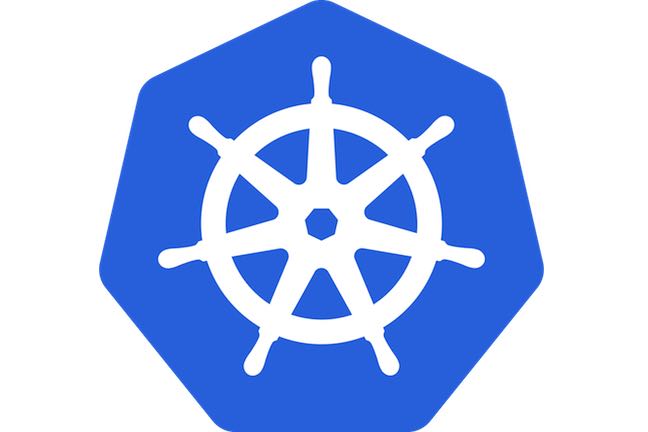
Kublr has launched a private preview of its Enterprise Platform 2.0, which features multi-site orchestration amongst other features aimed to ease the biggest organisations onto Kubernetes.
The Kubernetes as a service outfit is looking to attract enterprises in areas such as banking and telecoms giants who it reckons want to run Kubernetes “multi-cloud, multi-region, multi-data center, and hybrid”.
It reckons its platform – when it appears – will “enable true application reliability”, delivering the chance to run high availability apps on Kubernetes. Other benefits it is touting include reliability, dodging vendor lock-in and lowering the DDOS attack risk.
By contrast, it claims that existing offerings are either multi-site, but can’t connect Kubernetes clusters in different locations, or offer “Kubernetes clusters in one specific environment but don’t solve the multi-site challenge…such as EKS, AKS, GKS.”
It said it already has 2.0 up and running at selected customers, and it aims to expand the preview customer base early next year.
Alongside the multi-site preview, the vendor has unwrapped its Kublr Cloud service, pitched at large enterprises wanting to gear up on Kubernetes, “even if internal capabilities haven’t been built yet”. The fully managed service promises 24/7 monitoring and anomaly detection, multi-cluster management, zero-touch upgrades and security patches. Kublr is pushing it as a way for enterprises to get up and running with Kubernetes while developing their own capabilities, before transitioning to a self-hosted implementation.
Similarly, the newly launched Kublr accelerators are a series of packaged services and subscriptions, to support organizations looking to rebirth their apps as cloud-native. Under the application modernization accelerator the firm offering to split customers’ legacy apps into microservices, and “connect them through Kubernetes.”
There are also accelerators for Continuous Integration, Continuous Deployment and DevOps, which promise to work with any tool of the client’s choosing. Other accelerators span reliability engineering and Agile infrastructure.
“Kublr’s source code can be used as a foundation for internal development, speeding the development of an internal platform all while getting support from the Kublr team with Kubernetes deployment and operations,” the firm said.
